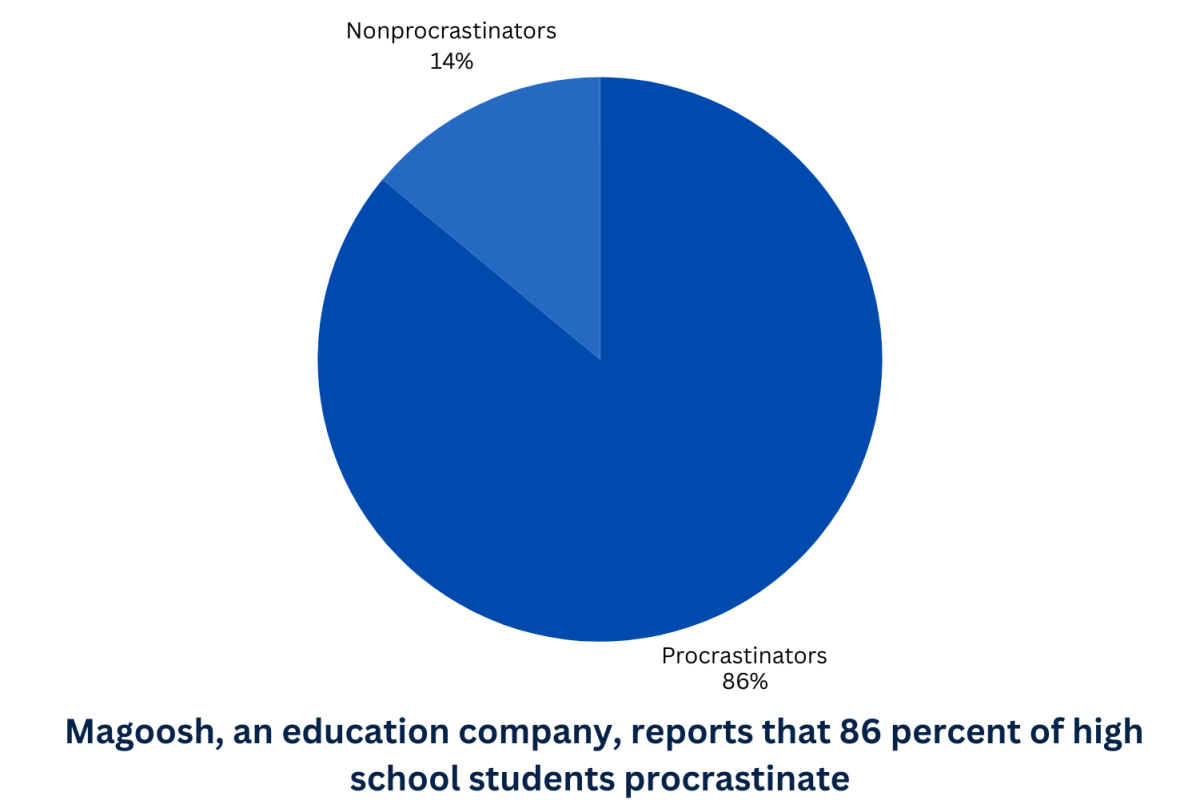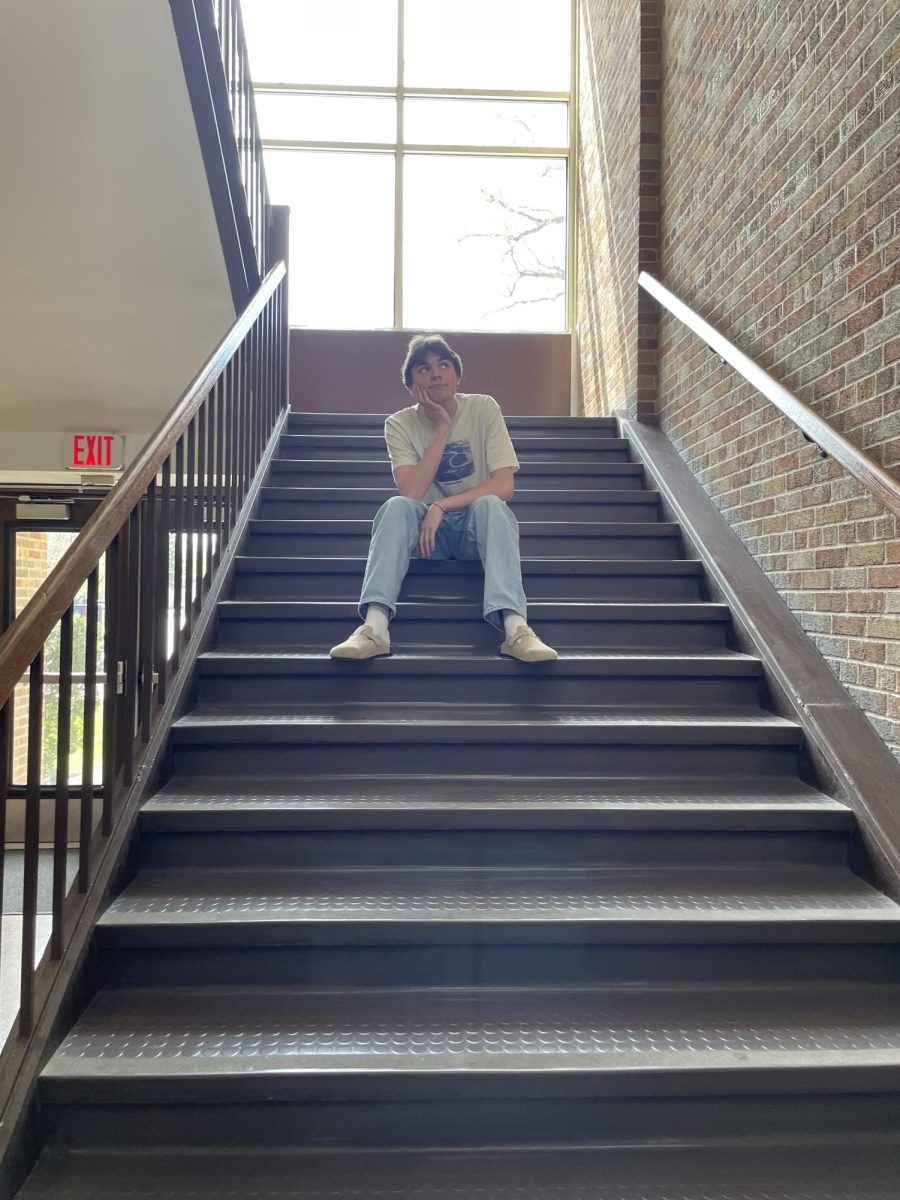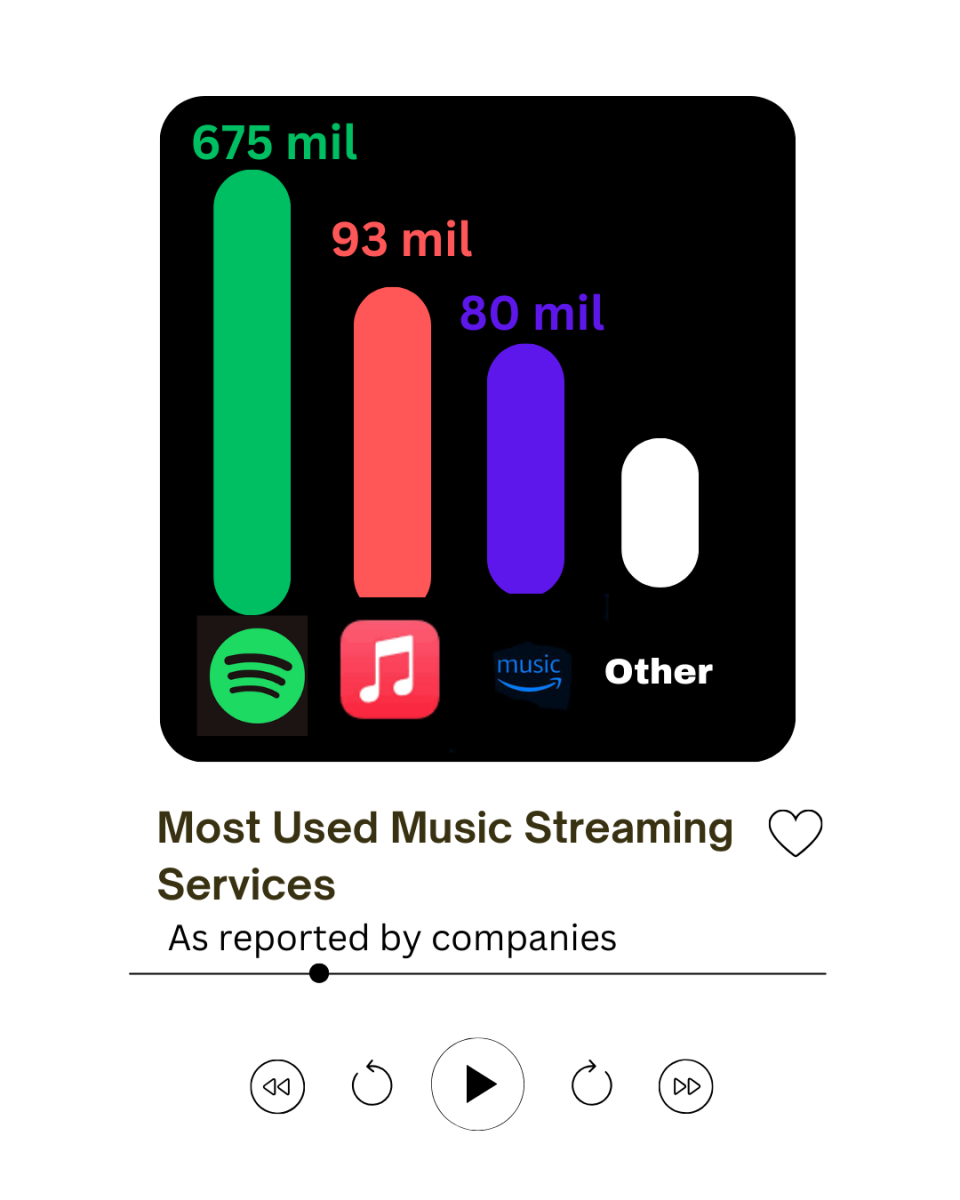For decades, the pages of our yearbooks have told the stories of students. Yet, in our recent editions, there has been a missing piece in our seniors’ legacy.
This is the gap left by the removal of senior quotes, a decision made by administration after a hurtful quote slipped by and was printed in over 1,500 yearbooks.

In the aftermath of the incident, the administration’s decision to no longer include senior quotes was met with mixed reactions. Some met the news with a sense of relief, saw it as a necessary step to prevent further damage and maintain a positive and inclusive environment.
On the other hand, others saw it as an overreaction. Many students now believe their individuality shouldn’t be taken away due to the mistake of just a single student.
I believe that it is time for us to reconsider this tradition and ask the question: Are we ready to bring this fun tradition back for future seniors?
As years have gone by with limited individuality for recent senior classes, it’s worth considering that it’s time for a change. Senior quotes have been a tradition in many schools nationwide, allowing students to leave their mark on their hometowns. They aren’t just words on a page; they stand as an opportunity for seniors to share a fun detail about their time at Libertyville or them personally.
Nevertheless, it is essential that while we push to make a change, we acknowledge the mistakes from the past and address how we will adapt. To address any concerns about harmful quotes, there are solutions to make sure this tradition continues to be enjoyable for everyone.
One way to possibly overcome this could be by heightening the amount of review of the quotes themselves. A thorough review of each and every quote, starting with student staffers of the yearbook initially, then faculty advisors, and finally school administrators. Additionally, by establishing clear and strict guidelines for quote submissions, we could minimize the risk of inappropriate quotes being printed in the yearbook.

Likewise, parental involvement could also be key to encouraging senior quotes back into our yearbooks. Our school’s administration or yearbook staff could send out parental consent forms, requiring parents to review and approve their child’s quote before it gets to the assigned reviewers.
Ultimately, the decision to reinstate senior quotes should be guided by our
values as a community. So, do we believe in the importance of expression and individuality, even when faced with controversy? By thoughtfully reinstating the tradition of senior quotes, we also reinstate the individuality and identity of each and every one of us. Bringing back senior quotes is more than just filling a blank space in the yearbook. It is a step in the right direction towards reclaiming our voices and celebrating our differences.












